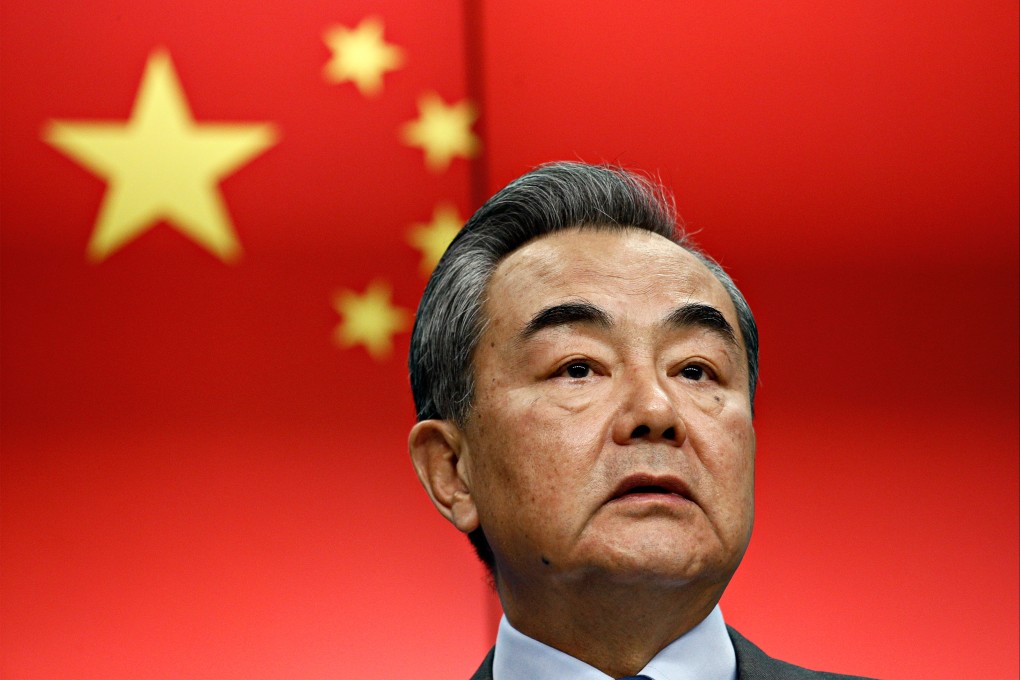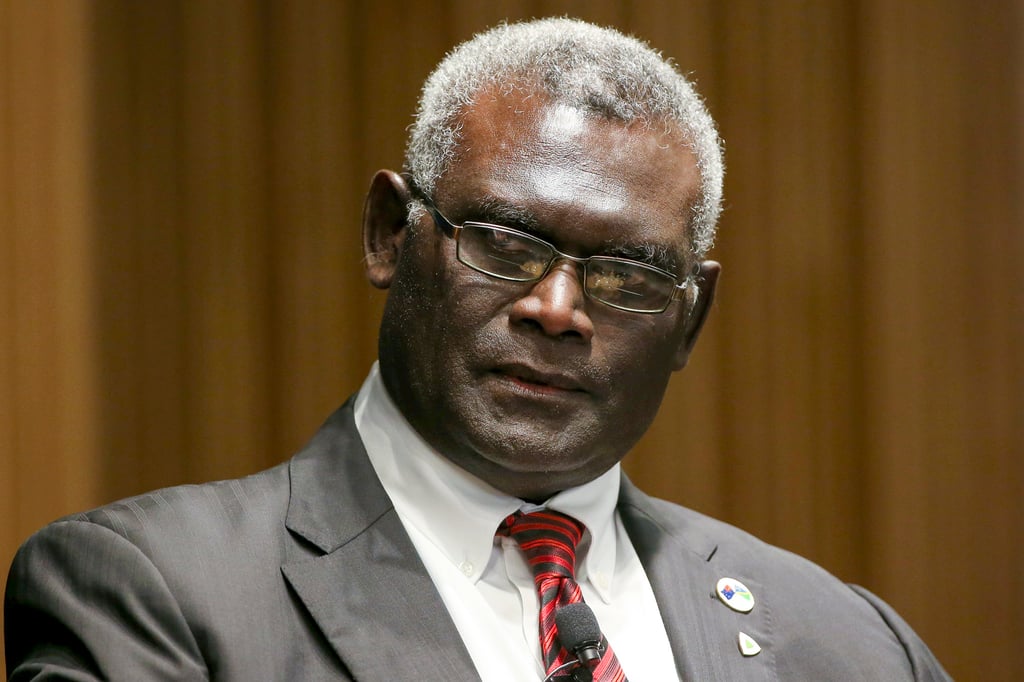China’s foreign minister to visit Pacific island nations including Solomons
- Wang Yi will also travel to Kiribati, Samoa, Fiji, Tonga, Vanuatu and Papua New Guinea as well as East Timor, foreign ministry says
- It comes after Beijing and Honiara signed a security pact that has set alarm bells ringing in Australia and the region

Wang will also travel to Kiribati, Samoa, Fiji, Tonga, Vanuatu and Papua New Guinea, as well as East Timor, during the trip from Thursday to June 4, China’s foreign ministry said on Tuesday.
He will hold video meetings with officials from the Federated States of Micronesia, the Cook Islands and Niue, and host the second China-Pacific Islands Foreign Ministers’ Meeting in Fiji, according to ministry spokesman Wang Wenbin.
Wang Yi’s one-day visit to Solomon Islands – with a delegation of nearly 20 – was first announced on Monday by Prime Minister Manasseh Sogavare, who called the trip a “milestone” in the relationship.
The “highlight” would be the signing of a number of key bilateral agreements, Chinese ambassador Li Ming told Sogavare, according to a statement from the Solomon Islands government. It said the delegation would spend a day in Honiara attending high-level meetings.
